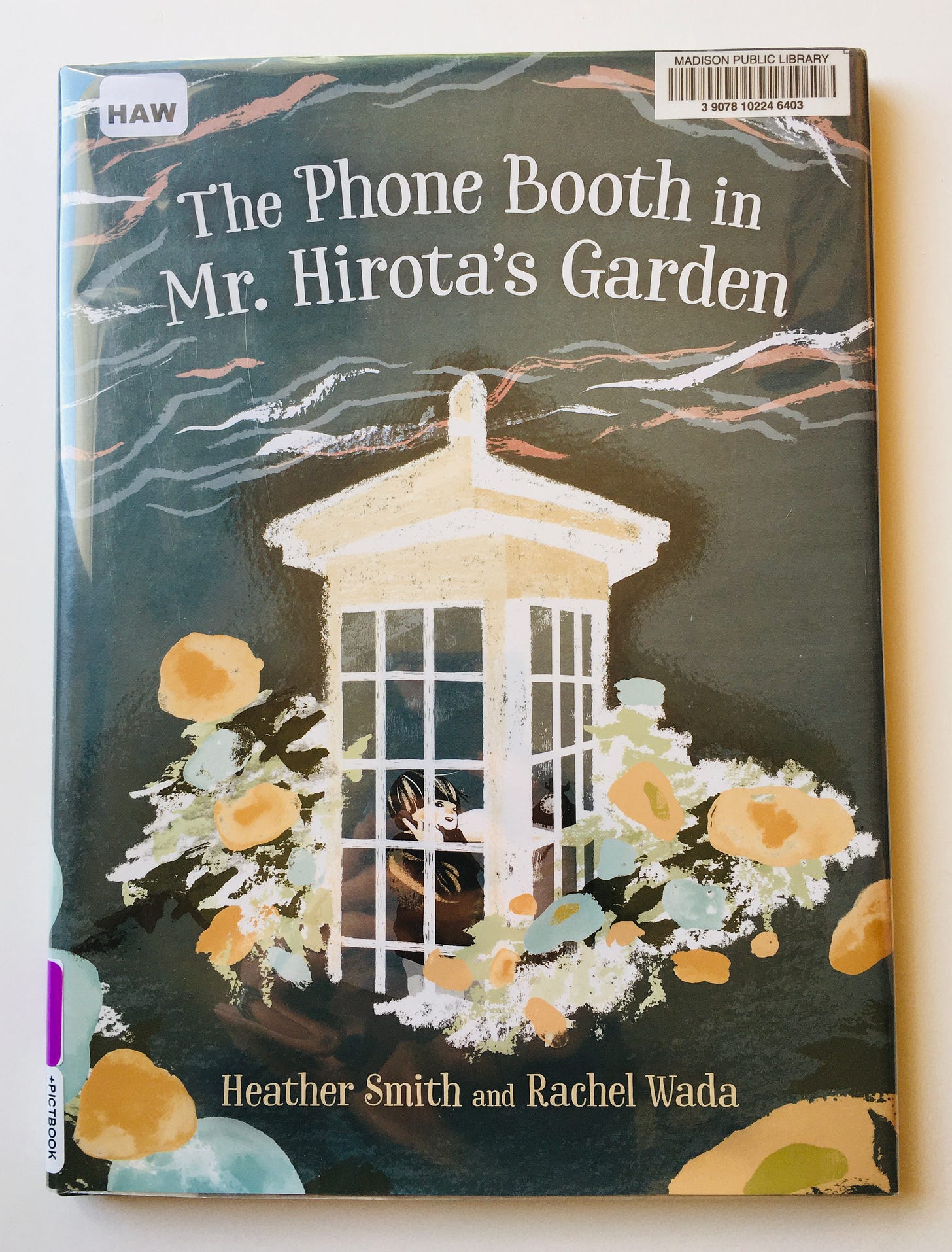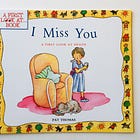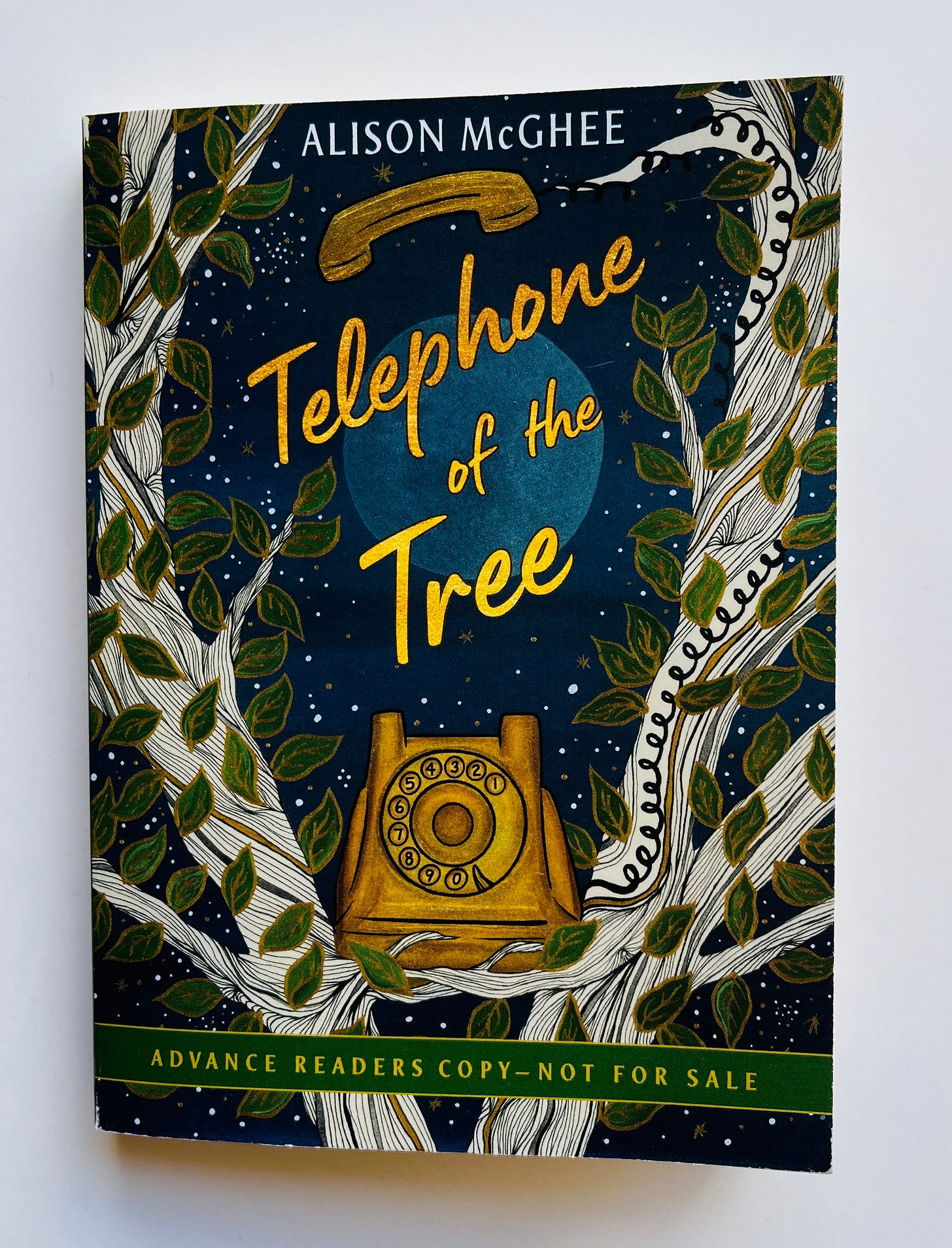If you’ve been a longtime reader of this newsletter, you know that my family and I have experienced some intense, even one-off experiences of loss, death, and grief. In 2021 I created a huge special edition on this topic after enduring some trauma no one could have ever expected or prepared themselves for.
In the time since then — not all that much time, really — there has been more. And more. And more. A month ago — on the heels of an active shooter incident at my children’s school, which I wrote about here because there are very few things in my life that I don’t end up writing about here, despite my continued promises (and failure) not to — one of my dearest friends texted me: “You have been through more loss and grief in the last 15 months than most people experience in a decade.”
She’s not wrong — and maybe the worst part is that even since then, we’re experiencing more. (The week before last, when I told you I’m okay? I was, or thought I was, but: I am not even remotely okay.)
It’s hard to navigate, when you’re going through really difficult things — sometimes harder than I know how to handle — and when you add in holding space and caring for two children experiencing their own feelings around it all, it’s tough. There are many times, many days, when I have no answers to their questions and no real comfort to give beyond the reassurance of my presence, my body, and my unconditional love.
So I am, now more than ever before, extra-interested in tools for loss, death, and grief. What gets people through? What helps people heal? How can I keep on living with all of this, everything I’ve been handed the past 16 months, my thoroughly broken heart?
The Phone Booth in Mr. Hirota’s Garden by Heather Smith (see below) was one of the titles I originally featured in the aforementioned big issue on these topics. I was aware of the idea of a wind phone, and that book brought the concept to life so beautifully, it has really never left my mind — to the point where, after losing my beloved grandmother in April last year, I spent a not-insignificant amount of time scouring eBay for a turquoise rotary phone. Not because I can ever remember her having a rotary phone (not in my lifetime), or because any of her phones were turquoise, but because the idea of talking to her on any phone of any kind, especially one in her signature color, was so appealing. (It still is.)
In any case, when The Telephone Tree by Alison McGhee came across my radar, I knew immediately I was going to read and review it, I knew I was going to pair it with The Phone Booth… and I am so glad I did.
I hope that if you are in need of books to soothe your own pain, you find them — here, somewhere, anywhere.
The Phone Booth in Mr. Hirota's Garden by Heather Smith, illustrated by Rachel Wada (2019)

When I first heard about the real-life location this book is based upon — a “wind phone” located in a telephone booth in Ōtsuchi, Japan, the express purpose of which is to allow callers to hold one-way conversations with deceased loved ones, created by an artist after the loss of a family member in 2010 and then opened to the public following the devastation of the Tōhoku earthquake and tsunami, where 15,000 people lost their lives in 2011 — I couldn’t get it out of my head. The idea is so beautiful and so heartbreaking all at once. So when I came across The Phone Booth in Mr. Hirota’s Garden, I wanted to read it immediately, and I was not disappointed.
Here, fiction sticks closely to fact: Makio is a young boy who loses his father to a tsunami, which he just happens to witness with his neighbor, Mr. Hirota. Afterwards, Mr. Hirota builds a phone booth in his garden, inside which Mr. Hirota and other villagers make calls — though they can see and fully understand that the old-fashioned phone has no plugs or wires, is “connected to nowhere.” Eventually, Makio makes his own call to his dad, in what is the most difficult part to read aloud.
It’s hard to fully communicate how moving this story is — it is full of raw sorrow and even anger, but there are also threads of resilience, community, and the myriad unexpected, even creative ways people can heal. Early in the book, Smith recognizes that while this story is specific to one boy, it’s also applicable to many, writing, “Everyone lost someone the day the big wave came.” The message here is subtle: yes, this is a particular wave on a particular day, but death itself is a wave that can come from nowhere and sweep us up at any time, and for those of us who have lost someone, can’t we relate to that?
Smith’s execution is masterful — every word matters, every word carries weight — and I’d say her writing is the best part of this book if Wada’s watercolors, black ink and pencils (inspired by traditional Japanese techniques) weren’t so incredibly well-done, dark and emotional and perfect. This is a brilliant read.
Telephone of the Tree by Alison McGhee (2024)
I wasn’t the only one who was moved by the true story that inspired The Phone Booth in Mr. Hirota’s Garden — author Alison McGhee felt the same. It took many years to write Telephone of the Tree, a concise novel in which a rotary phone is used as a grief tool, but it’s a spare and beautiful extension of this phenomenon, and excellent for middle-grade readers who are intrigued by the concept but want more than a picture book.
It doesn’t feel right to call this book a novel in verse — McGhee doesn’t utilize verse but instead extremely short chapters, often just a paragraph or two to a page, like prose vignettes capturing a snapshot of one girl, Ayla, and her feelings as she processes the disappearance of her best friend, Kiri.
I don’t want to share any spoilers here — there is a nice tension, when reading, in trying to figure out where Kiri is, what happened, and why Ayla is trying so hard not to think about any of it except when Kiri will come home (will she?) — but suffice it to say, this is a lyrical, lovely book about loss, a magical phone that appears one day in a tree, the people who use it, the people who refuse to use it, how painful grief can be, and the comfort that can sometimes be found when we begin to process.
I recommend this one for anyone who is really struggling with the ongoing misery of loss — if I was on the fence about buying a rotary phone to use myself, this book made up my mind. (Yes.)
Read good books and take good care 😘
Sarah
P.S. All Bookshop.org links are affiliate ones, which means I get a small commission if you make a purchase, at no additional cost to you.






Sending all the love, Sarah ♡ And thank you for highlighting books such as these ~ this is a topic often requested by guidance counselors and teachers in my school library.
What a beautiful concept—thank you for sharing. Sending lots of love to you during this time. Be kind to yourself. 💙